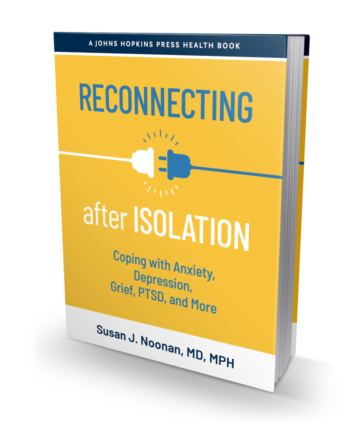 It’s much harder to take good care of yourself when you don’t feel well. And taking good care of yourself translates to taking good care of your brain, making sure that it functions in the best way possible. This is very important when you are dealing with an illness like depression, anxiety or bipolar disorder. The things you need to do to stay healthy might seem like they are not important enough and perhaps don’t make sense. Some people become very rigid in their thoughts around this, often times in error, and hang on to myths about taking care of themselves. These include some of the following:
It’s much harder to take good care of yourself when you don’t feel well. And taking good care of yourself translates to taking good care of your brain, making sure that it functions in the best way possible. This is very important when you are dealing with an illness like depression, anxiety or bipolar disorder. The things you need to do to stay healthy might seem like they are not important enough and perhaps don’t make sense. Some people become very rigid in their thoughts around this, often times in error, and hang on to myths about taking care of themselves. These include some of the following:
If I stay up really late watching TV or hanging out with my friends, I can catch up on my sleep on the weekends. This is faulty logic and doesn’t work. You can’t “catch up” on lost sleep. You and your brain function best when you get consistent hours of sleep, going to bed and waking up at the same time 7 days of the week on a regular basis. Lack of sleep or fragmented sleep can trigger a drop in your mood in depression or an episode of elevated mood in bipolar disorder.
“Healthy” foods are too expensive to buy. The opposite is really the case. The trick is to choose fresh fruits, vegetables, lean meats, poultry and fish at the market and not spend your money on junk snack foods. Then be aware of portion sizes – over the past few decades we have slowly become used to eating more than twice the serving size that is healthy and recommended. This is particularly true for restaurant and take-out meals. Go to www.choosemyplate.gov for recommendations on portion sizes. When you balance your meals with vegetables, proteins, and carbohydrates like whole grains you won’t be hungry.
“Healthy” foods are too complicated to cook, especially when I’m tired and don’t feel well. Yes, sometimes that can be the case. Here’s what works for me. First I have collected a number of recipes that I rely on that have only five ingredients or fewer. These are easy to make! You can find some online. Next, I cook in batches, perhaps on a Sunday or a day when I’m feeling better. That means I cook a whole package of chicken or a big pot of soup, stew or turkey or vegetarian chili and freeze individual portion sizes in small plastic containers. Then when it comes to dinner time, I defrost the portion I need in advance, and perhaps add a small salad or fresh vegetables. Not complicated.
I’m too tired to exercise. Fatigue is a common symptom in depression and bipolar depression. It can be related to the illness, interrupted or lack of sleep, your meds, or a combination of these. Surprisingly, physical exercise on a moderate level at least 5 days a week often improves a person’s tiredness and fatigue. It doesn’t have to be vigorous – perhaps a walk around the block for 20 minutes each day, raking the leaves in your yard, riding a bike, playing with your kids, things like that. The more you do, the more you are able to do. The trick is to get started – there’s more on that in my book Managing Your Depression.
I don’t have enough time in my day to exercise. Lots of us are managing mood disorders and trying to keep up at work or with family/household responsibilities. There are small ways that you can fit physical exercise into your day without getting all sweaty. For example, use the stairs instead of the elevator or escalator, at least for the last 5 flights. Get off the bus or train one or two stops earlier than you have to. Park at the far end of the parking lot. Walk instead of driving to do errands when you can. Engage in play with your children or grandchildren.
Stay well!
